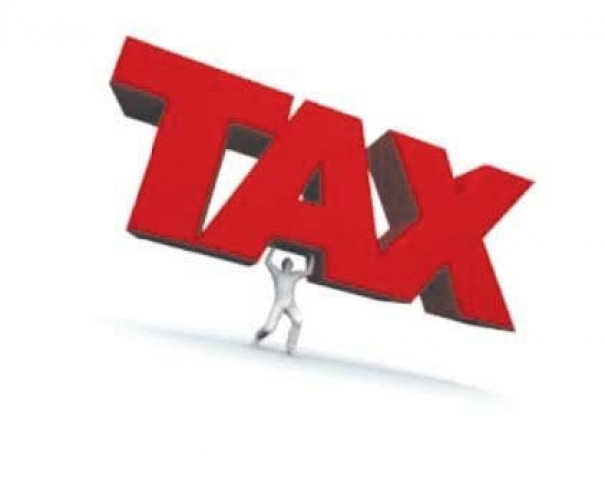Reducing cost of governance with gradual tax hikes
Sudden tax increase kills enthusiasm of the public.

It should be considered how much burden the population can bear, so smart and logical measures need to be taken. PHOTO: FILE
During recent trips abroad, I had the opportunity to explore a foreign land and take a close view of the policy measures being undertaken for the benefit of consumers and taxpayers.
In Pakistan, yearly audit reports are seldom reviewed by the government, leading to deficiency in policy-making. Though taxes provide revenues, the state does not take steps to tackle efficiency loss and higher costs and almost always focuses on increasing taxes on goods and services. Even change in procedures can help save costs and reduce wastage.
Per capita income is not rising at the desired pace and is instead being increasingly taxed. Ordinary people are paying most of the taxes. They acknowledge that the government needs more and more money in order to step up development work, invest in infrastructure, spread education and create jobs. But what they see is that the tax money does not find its way to such activities.
Nepotism and black marketing are prevalent in our society where not so highly educated people rule the roost and occupy major decision-making positions. To gauge their performance, their work should be audited.
A way out
A gradual tax increase makes sense. It should be considered how much burden the population can bear, so smart and logical measures need to be taken.
Is there a proper economic policy in place? Few would have the right answer. The government often wastes money because it is not much concerned about returns on its expenditure. It should reduce the cost of governance.
The cost of living should be kept in view while going for development work. For example, taxpayers cannot suddenly spare money most of the time to pay new taxes as their income is not enough to meet all their costs. Here, we need to revisit the minimum wage criterion.
Increasing minimum wage to at least Rs13,000 per month could be the first step. This should not be limited to people earning below that mark, as others getting more must also be given pay raise accordingly. This way, the lower and middle classes will be able to boost savings and pay higher taxes on commodities, food and water supply.
Top-tier government officials often fail to notice that the cost of doing business has jumped sharply, which will in turn increase the cost of producing goods and services. This will lead to a further spike in the cost of living for most citizens.
A way out is to increase taxes in phases, spreading and reducing the burden over time. For instance, if fuel prices are to be increased, the process should be gradual and spread over three to six months.
Keeping healthcare, education and vocational training free, or at least affordable, during economic slowdown helps the country grow. It has been found in different surveys that crisis-stricken people cuts down medical care and medicine consumption significantly.
The 2010 and 2011 floods in Pakistan sparked unparalleled emergency in most of the small cities of Punjab, Khyber-Pakhtunkhwa and Sindh, causing fears about spread of different diseases.
People were even vulnerable to minor ailments because of lack of focus by the government and social development institutions.
We are facing a major brain drain as working class is leaving the country or turning to shortcuts to make money through corruption. So, tax increase in stages is the preferred option compared to a sudden rise that kills the enthusiasm of people who live and earn here.
Raising tax gradually is more viable today as it may not hurt the government much.
The writer is a banker and media broadcaster and comments on international relations and public policy
Published in The Express Tribune, January 6th, 2014.
Like Business on Facebook, follow @TribuneBiz on Twitter to stay informed and join in the conversation.



















COMMENTS
Comments are moderated and generally will be posted if they are on-topic and not abusive.
For more information, please see our Comments FAQ